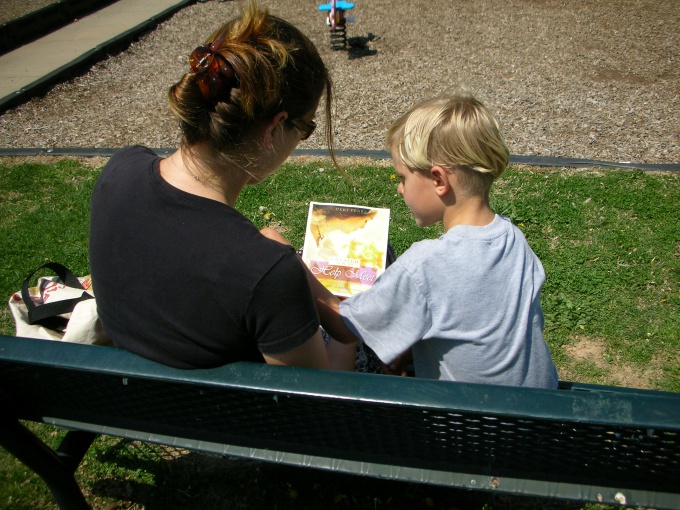Instruction
1
To start, of course, with the alphabet and the sounds that the child was acquainted with the Latin. The sounds must be gradually, because the pronunciation of English words is a separate large problem. It often happens that in the word 8 letters, and sounds less pronounced. It is also necessary to acquaint the child with the transcription, because not all English words are subject to certain rules. From simple sounds and gradually move on to combinations of letters and sounds from monosyllabic to polysyllabic words.
2
The presentation of any rules of reading should be accompanied by exercises that the child has the opportunity to learn, to work on the passed material, and also to see that the rule actually "lives", it works. Try to combine the learning of letters and sounds remembering the words and conversation formulas, the process of learning English was interfaced directly with the process of communication. So the baby gets more interesting: he will understand that English is not just a "makeweight" unnecessary and painful, but an invaluable communication tool.
3
Try to make the process interesting for the child and with the other hand. Rules and exercises can be boring even yourself, what to say about your child. The child can not explain why is it necessary, why did he have to learn English. He is unable to understand that this is one of the world's languages, which is spoken in many countries that, having learned it once, people will always have the advantage. To motivate the child, it is best to put the process of learning to read in the form of the game. So the words and rules will be assimilated by the child in the course of interesting games, unbeknownst to him.
4
Do not neglect also the special literature on the subject. Now, in the era of rapid development of the Internet, when access to the world wide web in almost every house, search for books to teach children reading in a foreign language isn't a big problem. Try to focus on special books to teach reading - the so-called "Schitalochka". They exist as for learning to read in Russian, is and for learning to read in English.
5
And finally: in the teaching of reading you must praise and encourage the child for each, even the smallest accomplishment, because everyone loves, if he deserved praise. Try to adjust to the mood of the child, do not go too far to English the child was not associated with abuse, dissatisfaction with parents, and something that he does not understand. Make the learning process as easy as possible for the child because at an early age children are still not as well able to work and overcome challenges as adults.
